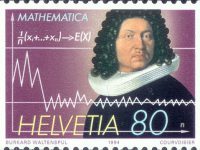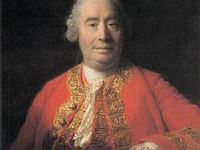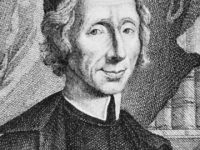You are either a Spinozist or not a Philosopher at all
On November 24, 1632, Jewish-Dutch philosopher of Portuguese Sephardi origin Baruch Spinoza was born. By laying the groundwork for the Enlightenment and modern biblical criticism, including modern conceptions of the self and the universe, Spinoza came to be considered one of the great rationalists of 17th-century philosophy. “Beauty, my dear Sir, is not so much a quality of the object beheld, as an effect in him who beholds it. If our sight…
Read more







